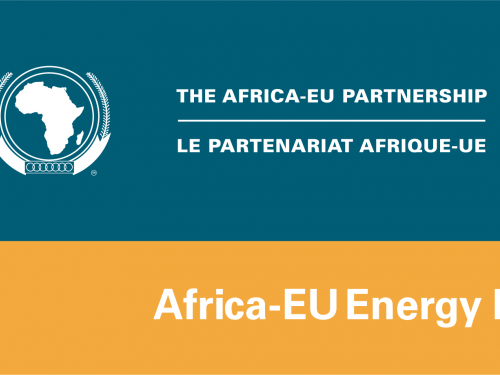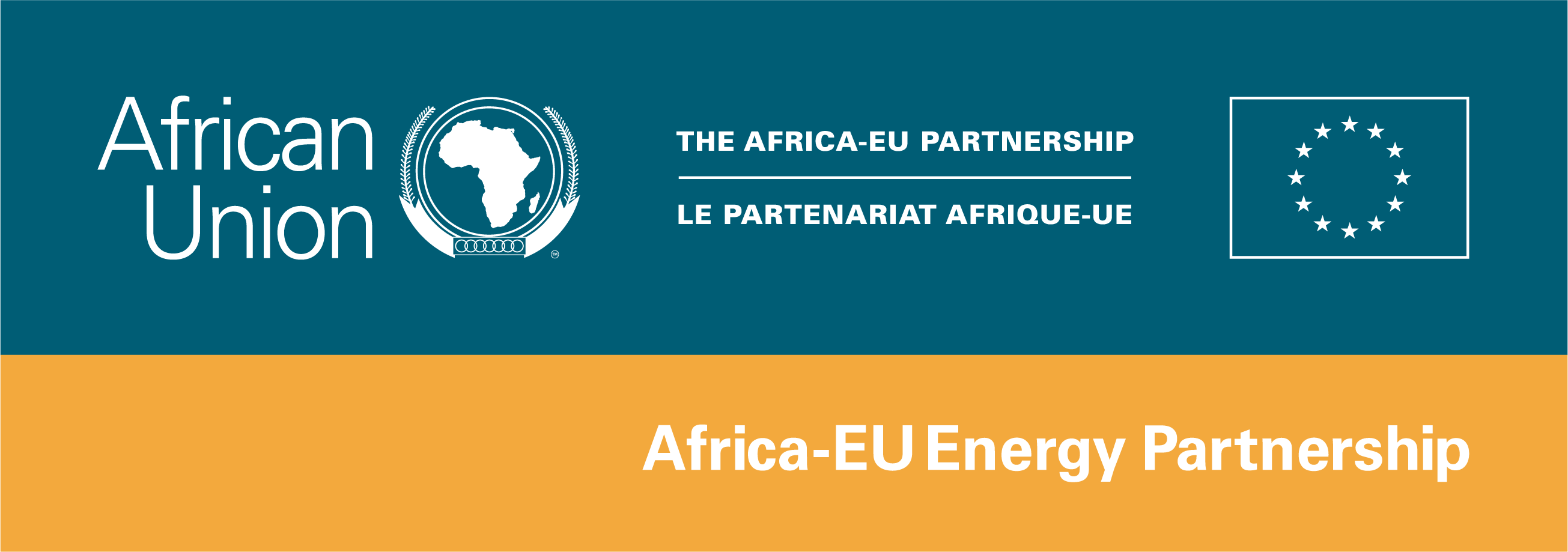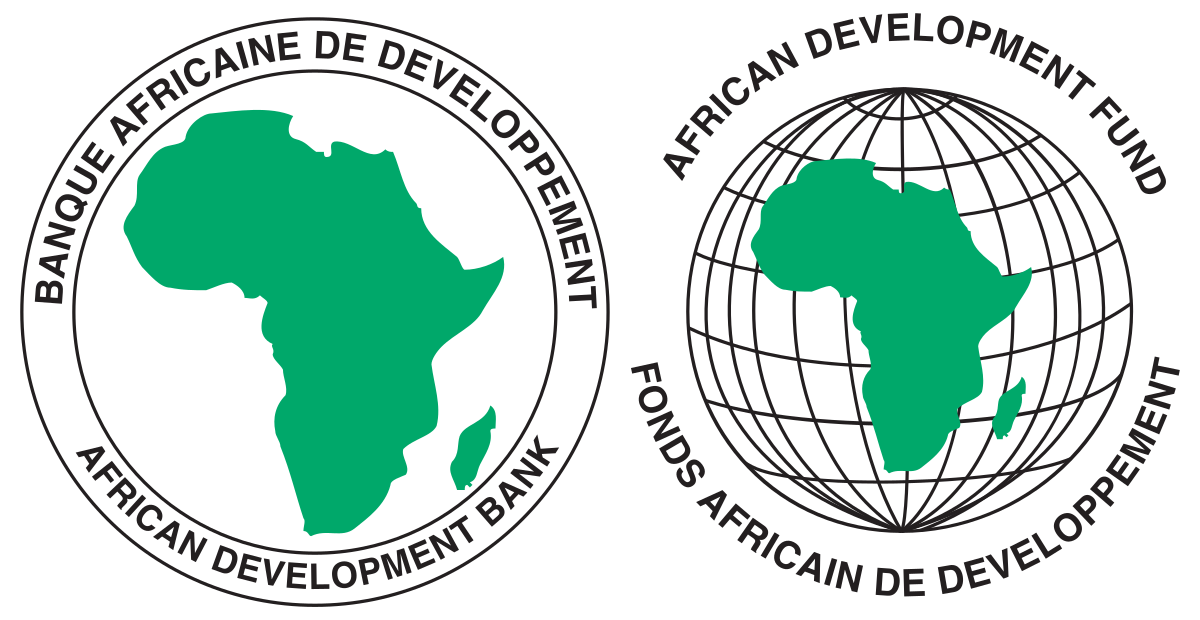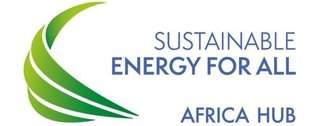
Description
Access to sustainable energy is a key enabler for economic growth, health, education, and helps provide opportunities to all generations and populations. Sustainable energy lies at the heart of both the UN 2030 Agenda for Sustainable Development and the UN Paris Agreement on Climate Change, as well as other policy programmes and initiatives. The 2030 Agenda’s Sustainable Development Goal 7 (SDG7) sets out to ensure “access to affordable, reliable, sustainable and modern energy for all”. Only if this is achieved can full progress be made towards achieving the other global goals.
Access to affordable and reliable energy services still remains a key challenge in large parts of Africa. In 2017, more than 570 million people in sub-Saharan Africa still lived without access to electricity. It is estimated that under current trajectories of electrification and demography, 585 million people in the region will still not have access to electricity in 2030. Moreover, even those who do have access do not necessarily have electricity in the quality and supply needed for the transformative impact which electricity can have on economic development. Against the backdrop of this challenge, the Africa-EU Energy Partnership (AEEP) connects the two continents to facilitate the achievement of universal access to affordable, sustainable and modern energy in Africa. It does this by supporting and informing relevant political processes and initiatives across the two continents, by mapping, monitoring and convening relevant actions and stakeholders, and by enhancing data and knowledge for decision-making.
In 2017 the AEEP celebrated its ten-year anniversary, marking a decade of fruitful, effective and important cooperation between Africa and Europe on sustainable energy. In that time the Partnership helped set the agenda, providing a platform for high-level political dialogue and representing a shared voice for Europe and Africa. It also provided key inputs and support to international initiatives. Since the AEEP was established, the energy landscape has developed significantly – and continues to evolve in ways directly relevant to the work of the Partnership. The AEEP remains at the heart of these ongoing efforts, offering a unique forum for exchange and action shaped by both continents’ perspectives and priorities, and reflecting the ongoing priority given to energy as an enabler for sustainable development.
The work of the Africa-EU Energy Partnership is guided by its Steering Group, currently comprised of the African Union Commission, Common Market for Eastern and Southern Africa, Egypt, the European Commission, Germany and Italy. The AEEP Secretariat implements the day-to-day work of the Partnership, and is hosted by GIZ. The AEEP is financed by the European Commission and Germany.





